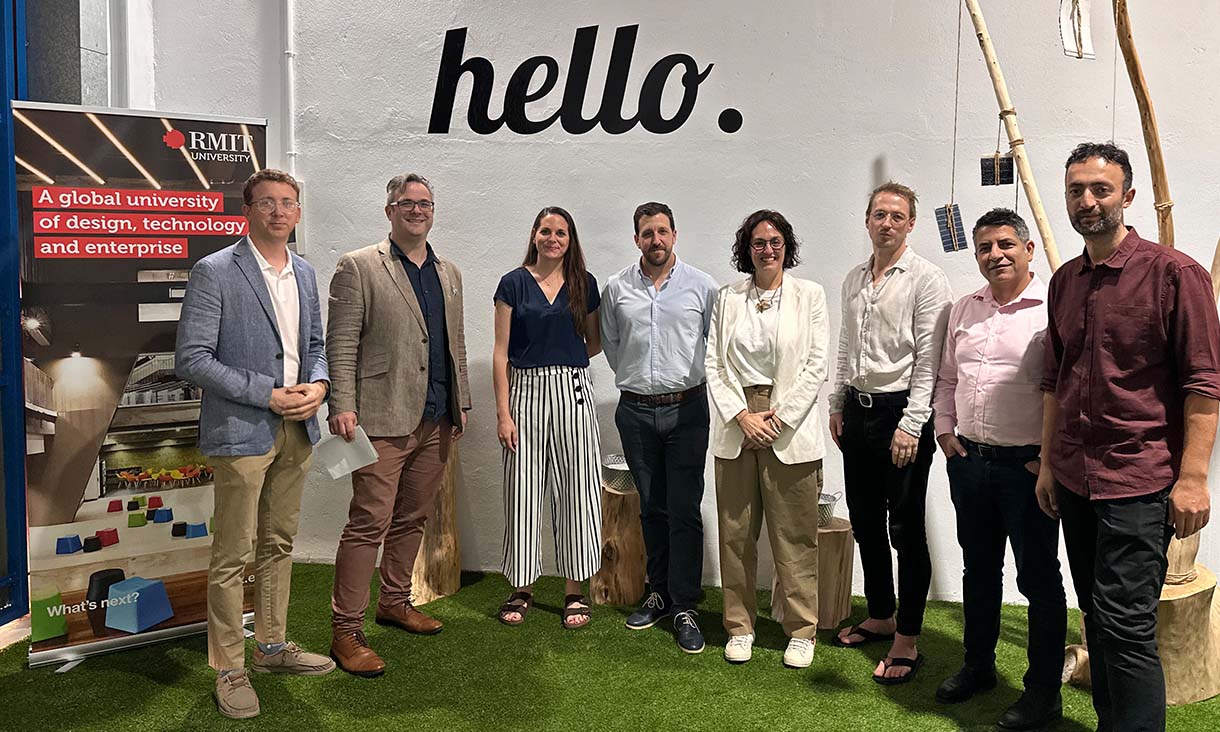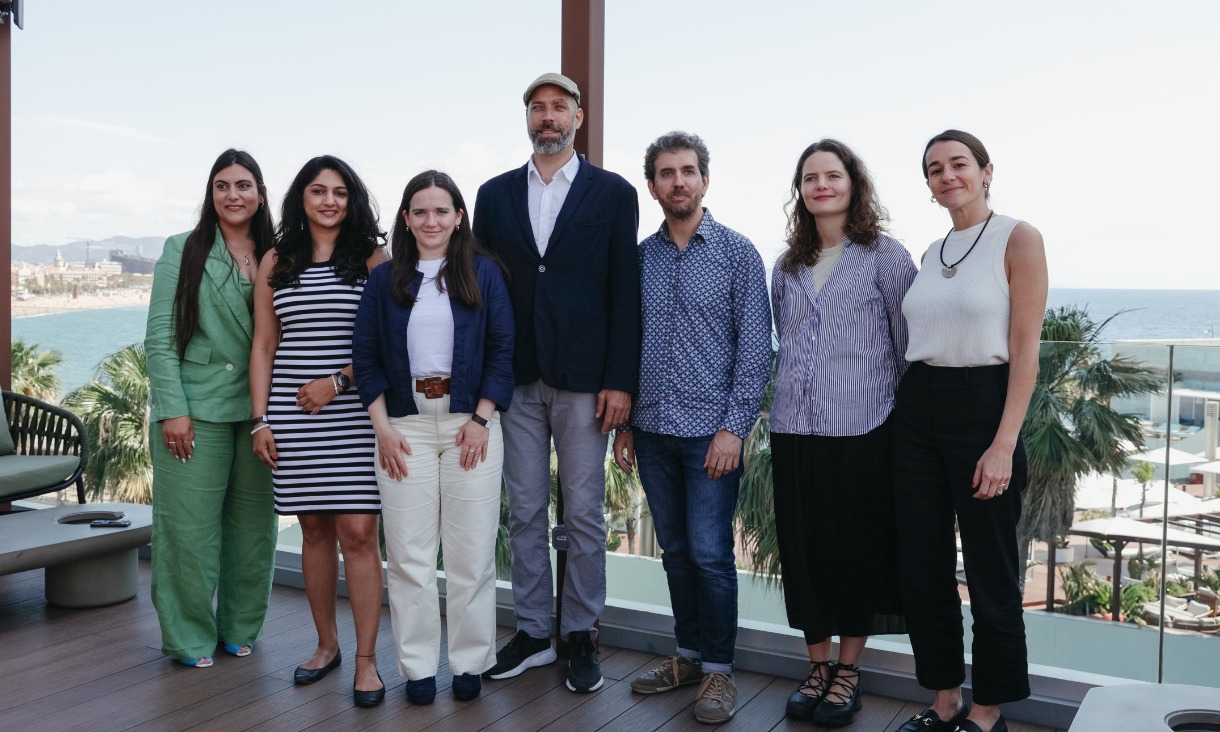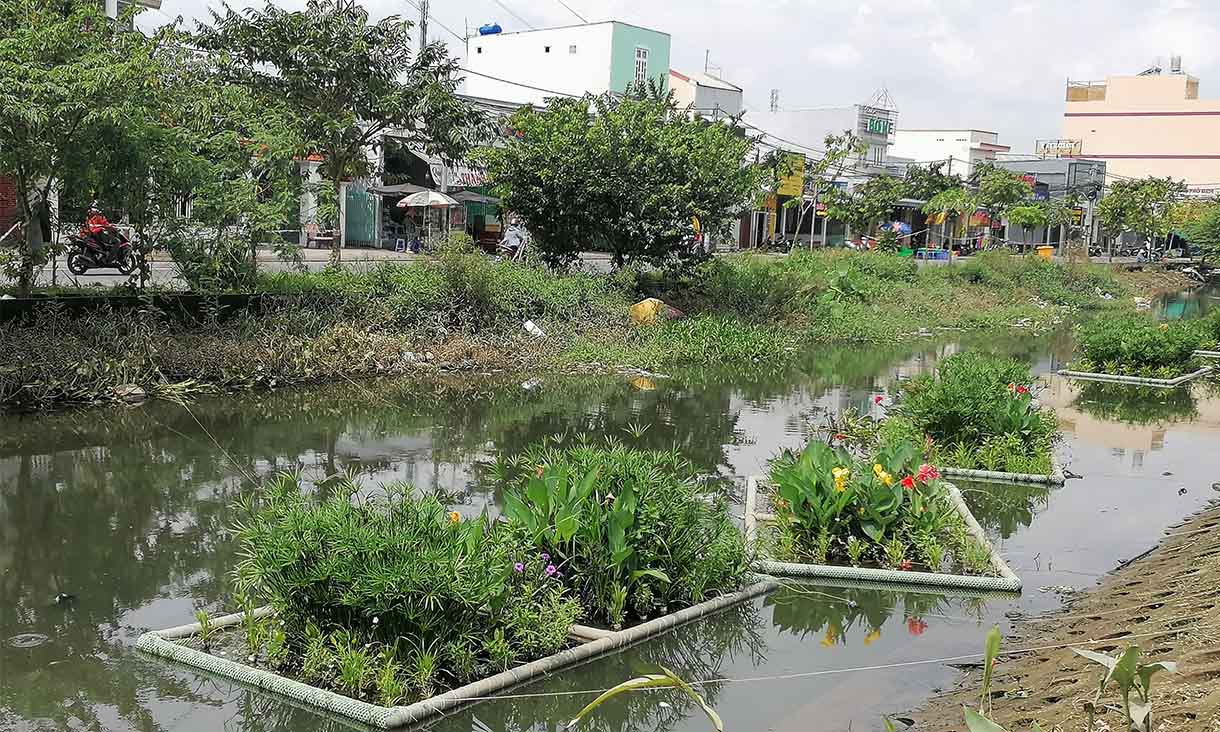RMIT packaging, waste and sustainability expert, Dr Bhavna Middha, is available for interviews following the publication of her The Conversation article today, ‘Plastic Free July is a waste of time if the onus is only on consumers’.
Dr Bhavna Middha, Centre for Urban Research
“Research shows consumers generally want to do the right thing by the environment.
“But coming out of a supermarket with no plastic or packaging is difficult. There are few unpackaged food items and even when there is a choice, the unpackaged item may be more expensive.
“How can consumers be expected to choose – or even distinguish – between essential and non-essential food packaging, when it comes to freshness, hygiene and longer shelf life versus less plastic use? How can consumers be expected to reduce plastic and packaging waste while reducing food waste? Should they buy the large head of cabbage they won’t use, or the plastic packaged half cabbage they actually need?
“It is difficult for individuals to avoid plastics and recycle them when the messaging isn’t clear and it doesn’t fit into their everyday routines.
“How many times have you stood over a recycling bin, wondering where the pizza box should go, ultimately ‘wishcycling’ it into the recycling bin, perhaps contaminating the bin?
“Government and organisations are taking a traditional ‘ABC’ method, putting the onus on consumers to change their Attitudes towards packaging and plastics, be better Behaved when it comes to using plastics and make better Choices when purchasing and recycling. This puts the onus of responsibility on the individual. However, we don’t yet have the necessary infrastructure or understandings to make a significant difference.
“Even large companies who have pledged reductions either find it difficult or don’t keep up to their promise, as we’ve seen with Amazon, which has been unable to reduce its use of plastics and packaging in jurisdictions that don’t have strict regulations for industry.
“Plastic Free July should be a reminder to governments, manufacturers and retailers to address the complexity of eliminating non-essential plastics from our lives.
“Each jurisdiction has its own list of materials that can or cannot be recycled, including where it can be recycled (for example, kerbside vs recycling depots). Moving houses means relearning the rules all over again.
“Some new recycling streams, such as glass bins in some jurisdictions, conflict with the newly introduced Container Deposit Scheme (CDS), which is a clean stream of recycling for glass and plastics but does not encourage reuse.
“Modifying the CDS to be a reuse scheme with a better incentive may help.
“Support for organisations, such as Meals on Wheels and other food charities, to switch from plastic may help too.
“Governments, organisations and manufacturers are going to have to look beyond one-size-fits-all interventions, standalone schemes and blanket bans to find nuanced and connected solutions to the global challenge of plastics.”
Dr Bhavna Middha is a Senior Research Fellow. Her current research includes, ‘Tackling food-related single-use plastics in diverse consumption contexts’. She co-leads the interdisciplinary and industry collaborative Social Practices and Sustainable Consumption Network, and the Food Cultures and Practices Network at RMIT.
***
General media enquiries: RMIT External Affairs and Media, 0439 704 077 or news@rmit.edu.au




